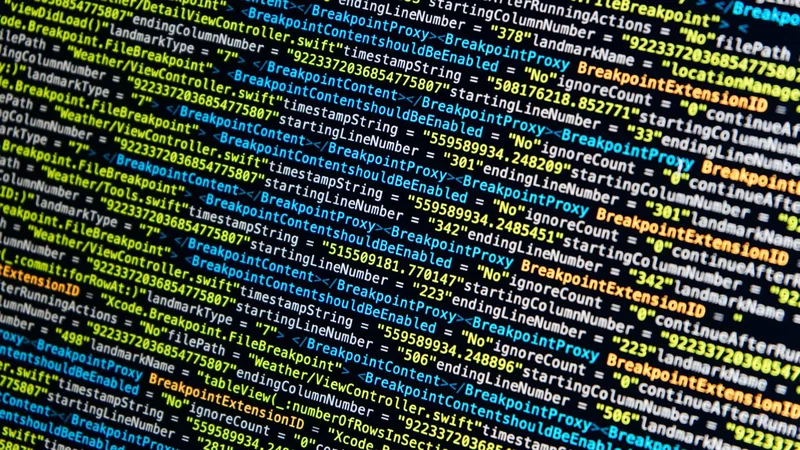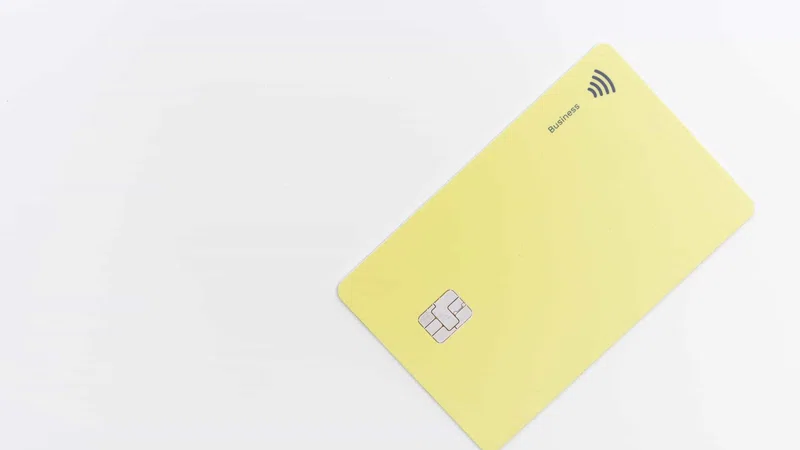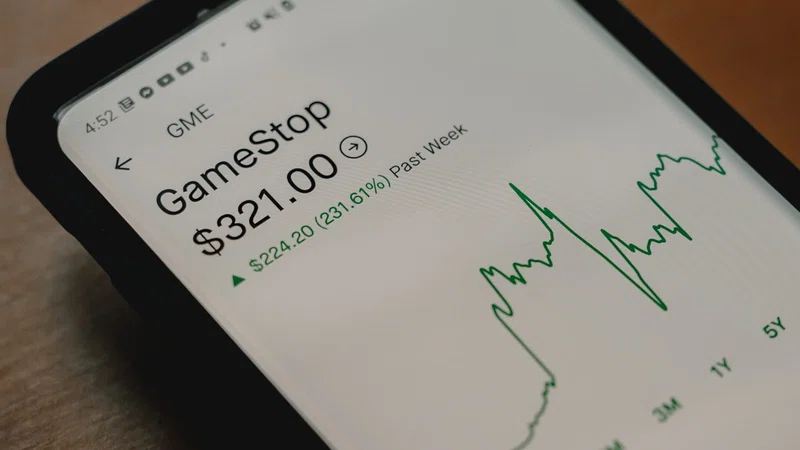Bad dealing and corruption have its roots since the Greeks and Romans times and represent a negative value no longer attributable only to social and cultural factors. Nowadays, it's also a destabilizing topic of the transparency of administrative action in using the public resources focalized to the future of citizens, a moral and ethical value about today we can re‐appropriate thanks to Emerging Technologies. Here's why we can do.
BLOCKCHAIN AND SIMPLIFICATION
The blockchain is a technology defined “disruptive” able to rethinking the financial world (FinTech), an innovation that is currently growing faster due to the possibility of being applied to every global product and service. The possibility of being an original, reliable, truthful and inviolable ledger makes the blockchain applicable not only in the field of digital payments, health and telemedicine, business transactions, corporate law, taxes, duties and contracts, but also as a regulatory mechanism on public procurement (RegTech). An in‐depth positive impact can also be represented by the blockchain in the protection of personal data, accelerating the Public Administration towards an OpenPA model and simplifying the data exchange processes (BigData) and sharing of structured analyzes (Data Analytics) between PA and the market as well as between private. In particular, public organizations can simplify (internal) data management operations and the sharing of an inviolable (external) information flow on existing ICT infrastructures, also guaranteeing global cyber security (CyberSecurity).
Due to its distributed nature, it is almost impossible tampering with blockchain ledger which can not only be used to securely and transparently track the transfers of information and decisions, but also to archive the documents essential for the evaluation of transactions thanks to a widespread structure and unchangeable of ICT solution. A mechanism that makes it possible to transform the classic “Renaissance Fountain” of centralized decision‐making processes into an economic decentralization useful for fighting the most modern and digital corruption.
This technology makes it possible now to digitize PA data in privacy compliancy and above all the sensitivity of information that has always been at high risk of corruption, both for the classic methodological approach in controls, the lack of computing power essential to protect quality and for the amount of data generated at local, regional and national levels. A decentralized validation system would solve the problem with the use of a technological network of processors capable of transferring all the coded information in a bidirectional way to a public digital register.
BLOCKCHAIN, A SOCIAL DRIVER FOR THE REDUCTION OF CORRUPTION
Beyond the physiological causes, there are conditions common to all corruption processes based on the exchange of information and financial transactions essential to complete a supply contract.
According to analysts, physical and digital security inadequate in keeping documentation, continuous interaction between the parties, low propensity of the PA in overseeing procurement with advanced solutions and centralized control of operational flows, represent the main problems to resolve.
In this scenario, the blockchain ‐ seen as a technology at the service of an increasingly digital economy ‐ transforms the management of a complicated centralized process into a distributed database ‐ the so‐called Distributed Ledger Technology (DLT) ‐ capable of creating a digital register of the information exchanged, approving them automatically and then sharing them encrypted in a computer network where the parties can participate in the register without being supervised. The blockchain follows step by step the procurement path' along the digital highway that leads from the offer to the awarding, allowing all external stakeholders (citizens, authorities, media, competitors, shareholders and experts) to read the decision‐making flows.
Therefore, the added value of blockchain to reduce the corruption problem derives from the possibility of keeping track of each formal step in an impartial, objective, standardized and transparent way, reducing exponentially the risk of tampering with the registers thanks to the creation of smart contracts and continuous monitoring of activities to prevent modification actions, e.g. offers sent to the contracting authority.
CONCLUSIONS: THE SMART CONTRACT
If we consider the blockchain as a digital notary to guarantee the existence of a public database that allows everyone to control data, keeping records and monitor transactions, dematerializing any potentially corruptible subject, we can go fast beyond the idea of corruption like that «gelatinous system in which it is even difficult to say who is the corrupt and who the corruptor» as well as highlighted Raffaele Cantone, the Past President of the Italian anti‐corruption Authority, in the “Report to Parliament” on 2015. Among the most concrete and simple applications of the blockchain to overcome the idea of corruption at all costs, we can now use Smart Contracts. These contracts, signed thanks to an agreement between two parties and automatically executed by an App, are stored in the links of the chain in an inviolable way. A marketing innovation system potentially so decisive that even the World Economic Forum has decided to test it by launching the first pilot project for the fight against public corruption in Colombia. The results of the experimentation could also initiate a legislative acceleration in Italy to create spaces in which to experiment with the application of the blockchain in the public sector with a RegTech typical of a test environment. At the same time, this would make it possible to define and integrate new measures in the broader framework of regulatory interventions on digital payments and simplification of compensation mechanisms between citizens and PA.
Reputation is today a more global precious currency for Italy than the Euro, a value increases the companies’ competitiveness, attracts abroad direct investments, raises the quality level of the services provided by the PA and the credibility of our economy. The relaunch every Country‐System necessarily passes from the widespread use of technology. And blockchain represents the first "system without trust between the parties" in economic history to solidly reduce national corruption.











